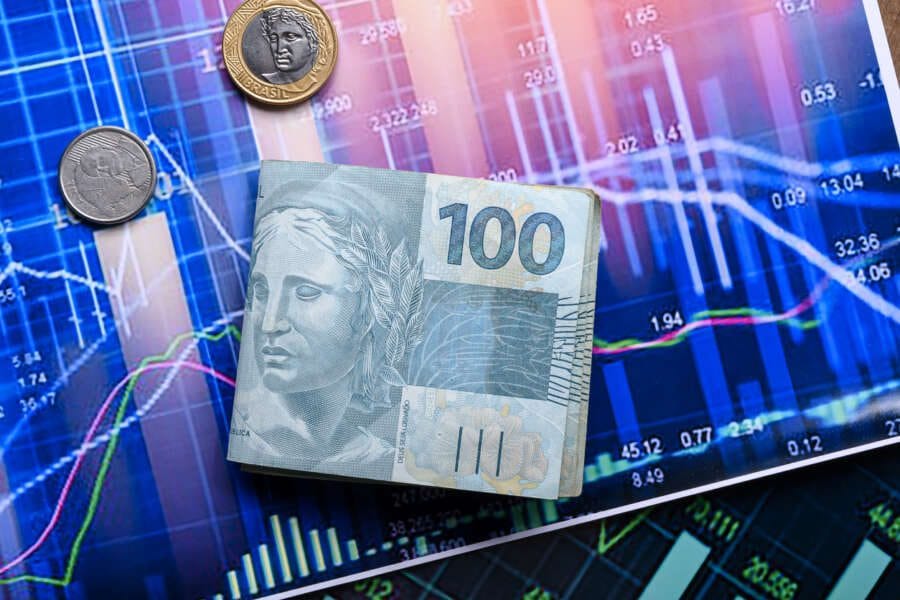
While Brazil is categorised as an emerging country, it was the seventh largest economy in the world as recently as 2016.
After US and Europe are overtaken by China and India, Brazil becomes one of the world’s most important economies.
While this growth may not have yet directly benefited citizens (who rank quite low in terms of income per capita), the country has seen its service economy thrive in recent years, while increased exports have also contributed to an increased GDP.
The growth of the services sector is key to developing economy expansion, with this also evident in nations like China and India. But what are the most attractive sectors from an investor perspective in 2023, and what do you need to consider before expanding your profile into Brazil?
A Look at the Most Attractive Brazilian Investments in 2023
As the Brazilian economy has grown, it has also diversified and become increasingly attractive to foreign investors.
In fact, foreign direct investment (FDI) in Brazil soared to record high of $51.06 billion in 2021, before totalling $70.7 billion in the nine months through September 2022.
This highlights the potential to pursue increased returns through the Brazilian economy, from key commodities and natural resources such as soybean, orange juice and coffee to financial service equities and fintech businesses.
In recent years, FDI is increasingly being directed towards financial services, particularly tech-driven sectors like payment and remittances, personal financial management and the nation’s ecommerce niche.
Like most emerging economies, cryptocurrency and its underlying blockchain technology are also seminal in Brazil. Not only have crypto tokens helped to drive greater financial inclusion among poorer citizens, but they’ve also emerged as a popular investment asset as adoption rates have soared.
The Key Considerations Before Investing in Brazil
If investing in Brazil appeals to you, it’s important to undertake due diligence and optimise your chances of success. Here are a few considerations to keep in mind before committing your capital.
- #1. Brazil’s Political Instability: Historically, Brazil has always been politically unstable, but the recent attack on Brazil’s Congress and Supreme Court by supporters of the ousted President Jair Bolsonaro have compounded this issue. This echoed the attack on the US Congress after Donald Trump was removed from office in 2020 (amid accusations of postal voting fraud), and continues to impact on the Brazilian economy and FDI inflows.
- #2. Brazil’s Culture and Laws: Each country has its own set of laws, ranging from trading standards and taxation to the restrictions placed on immigration. Each of these can impact on the integrity and viability of your investments, both directly (in the case of taxation) and indirectly. By researching and understanding these factors, you can make informed investment decisions and optimise your chances of achieving consistent returns.
- #3. Pay Attention to Commodities: Even if you don’t want to trade Brazilian commodities, it’s still important to monitor price movements and demand in real-time. After all, while Brazil has diversified of late, it remains a commodity driven economy, and one that can suffer markedly when commodities (which are naturally volatile) see their prices fall in line with demand.


